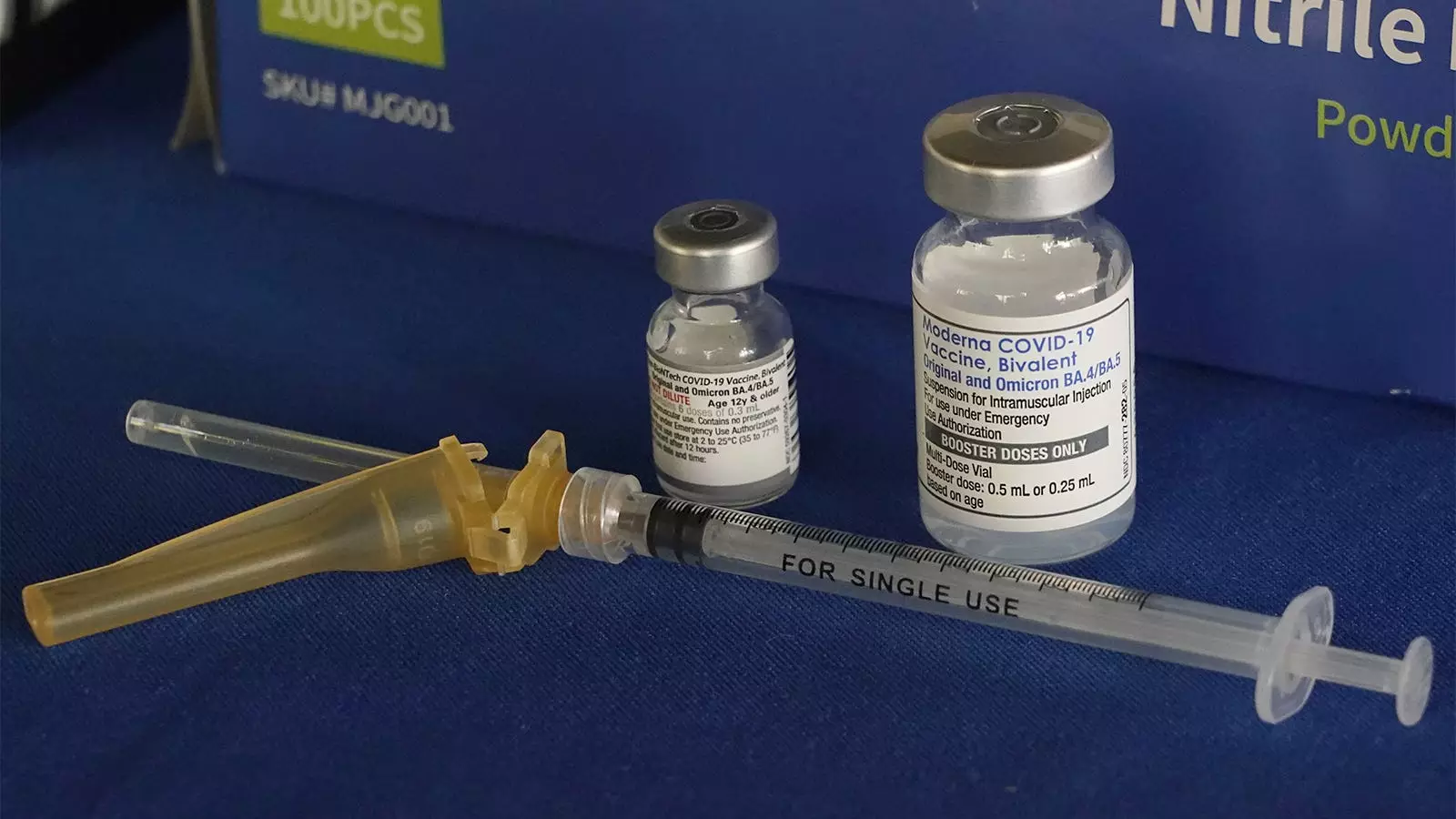In a surprising move, the Southwest District Health board in Idaho has voted to cease the provision of COVID-19 vaccinations across six counties, marking a potentially unprecedented shift in the public health landscape of the United States. This development is particularly noteworthy, as it appears to be the first instance wherein a public health department has completely halted its COVID-19 vaccine distribution. This decision does not only highlight the intricacies of public health governance during a pandemic; it also brings to the forefront the ongoing debates surrounding vaccine safety, public skepticism, and governmental responsibility.
The board’s narrow 4-3 vote, initiated on October 22, reflects a growing trend of vaccine hesitancy and resistance among certain sectors of the population. Adriane Casalotti, a leader in the National Association of County and City Health Officials, has pointed out the rarity of such a decision. Historically, health departments might limit vaccine availability due to factors such as fiscal constraints or dwindling demand. However, this decision seems rooted in an ideological perspective that questions the necessity and effectiveness of vaccines outright, deviating sharply from the norms observed nationwide.
One might argue that the decision to stop providing COVID-19 vaccines mirrors a larger trend within the district. Vaccination numbers have dramatically dwindled—from a peak of 1,601 vaccines administered in 2021 to a mere 64 so far in 2024. This decline is not isolated to the COVID-19 vaccine; Idaho has consistently grappling with high rates of vaccine exemptions among children. This context becomes even more complicated when we remember the outbreak of measles last year within the Southwest District, which evidences the ramifications of reduced vaccine uptake.
As the state grapples with misinformation, particularly surrounding COVID-19 vaccines, trust in public health institutions has visibly eroded. This distrust spurred over 290 public comments during the board’s meeting, many vehemently opposing any public funding or support for vaccines. In such polarized environments, the call for halting vaccinations seems to reflect a broader, much deeper skepticism regarding established medical guidelines.
The narrative against vaccinations has found influencial proponents, including figures present at the board meeting, such as Dr. Peter McCullough. Such individuals advocate for alternative treatments and express strong doubts about conventional vaccines. This brings into focus the power of public sentiment and misinformation, which can shape health policy at a local level. Board Chairman Kelly Aberasturi himself resonates with these sentiments, asserting a skeptical view towards national public health leaders and acknowledging that some board members may lack real-world understanding of the struggles faced by marginalized populations.
Moreover, the board’s decision raises concerns around the ethical implications of their actions, hinting at possible restrictions on other vaccines or treatments in the future. The argument posited by some board members, suggesting that individuals could seek vaccinations elsewhere, overlooks the harsh realities faced by vulnerable populations, including those without stable housing or access to transportation. By denying access to the COVID-19 vaccine, the board risks leaving behind groups that most depend on public health services.
As local health departments grapple with polarized opinions on vaccine uptake, the ramifications of Southwest District Health’s decision will be scrutinized closely. The statement from state health officials urging individuals to consider vaccination underscores the fragile balance between public health recommendations and local governance. It also highlights how public health is not only a matter of individual choice but also a collective responsibility that necessitates cooperation and trust.
Looking ahead, it is crucial for state leaders and public health representatives to engage with their communities proactively. Rebuilding trust in vaccines and healthcare systems can take time and requires transparency, education, and community dialogue. As A.J. Aberasturi, the Idaho health department spokesperson, indicated, there are ongoing efforts to revisit the discussion, particularly regarding vaccinations for older adults and long-term care residents.
The cessation of COVID-19 vaccinations by a health department poses far-reaching implications, providing stark evidence of the deepening rifts in public health policy and community trust. As we navigate this complex landscape, it remains critical to ensure that health decisions are rooted in science, accessibility, and, most importantly, equity for all residents.

